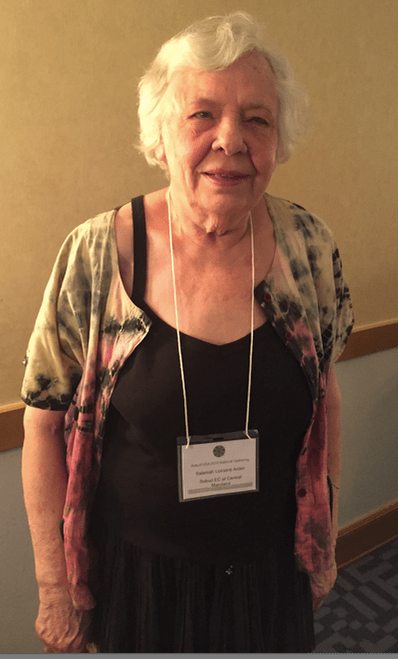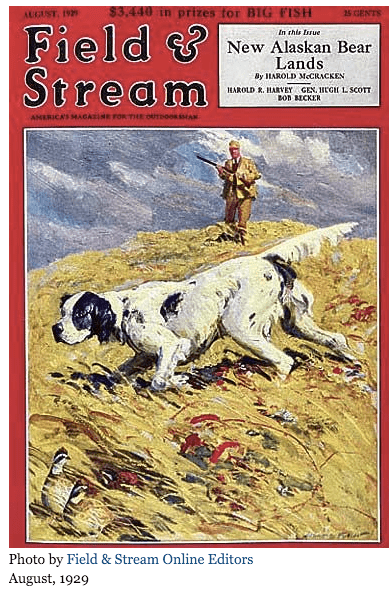Forwarded by Halimah Bellows:
 Message from Rabbi Zari about anti-Moslem and anti-Immigrant rhetoric
Message from Rabbi Zari about anti-Moslem and anti-Immigrant rhetoric
December 13, 2015
Dear Friends,
This past Friday, I joined a group of interfaith clergy and other members of our various faith communities at a rally at the Idris Mosque in Northgate, to stand in solidarity with our Moslem brothers and sisters in light of the hateful and xenophobic rhetoric that we have been hearing from some who have the national spotlight. We also stood with them as some Moslems here and around the country have been targets of hate crimes.
Five clergy spoke, and I was honored to be one of them. My remarks follow. You can find the statement that we read, as well as the other statements at the following site: http://fanwa.org/fans-interfaith-leaders-council-statement
There are also photos on Facebook: https://www.facebook.com/faithactionnetwork.
In the meantime, please know that I am working with Moslem and other faith and civic leaders to see how we can continue to be of support as we face these difficult times. I will be sharing more information about things that we can do in the coming days and weeks.
Tonight, as we light our last candle, I hope and pray that we will all remember the true meaning of Chanukah: The right for all people to live and celebrate their religious practices in freedom and respect.
L’zedek V’shalom (toward justice and peace),
Rabbi Zari
.
Reaching for our Higher Selves
Rabbi Zari M. Weiss
Kol HaNeshamah
December 11, 2015
Today, as many of you know, is the fifth day of Hanukkah, a holiday which-more than any other on the Jewish calendar-celebrates religious freedom. Just over two thousand years ago, a man named Antiochus Epiphanes decreed that Jews were prohibited from celebrating and observing their sacred practices. He was not the first tyrant nor the last to argue that religious difference could not be tolerated. We see examples of this kind of tyranny today-not only in countries with repressive regimes elsewhere in the world, but to our shock and dismay, here in this country as well.
We are living through a critical time in history. In many ways, it seems that the world has been knocked off of its axis; every day, we find ourselves reeling from the violence and extremism that is spreading everywhere. At a time such as this, we need good and wise leaders who can guide us as we navigate our way forward.
This week, a verse from a well-known collection of ethical teachings from Jewish Tradition kept going through my mind. In Pirke Avot, Ethics of our Ancestors, it says, “U’vamakom she’ein anashim, hishtadel l’hiot ish.” “In a place where there are no men, strive to be a man.” In the male-dominated world in which Rabbi Hillel lived, he spoke of men, but he wasn’t speaking about gender. He was talking about the importance of being a mensch, an honorable human being. Especially when living in a time or place where people forget or lose their humanity, Hillel seemed to be saying, it is important to remember the values that are most important.
We need leaders who will call us to our higher selves as human beings, not drag us down to the lowest common denominator among us. We need leaders who will stand for the importance of respecting the human dignity of every person – no matter their religious or cultural background. We need leaders who will not sow suspicion or mistrust of those who are fleeing their own homelands in search of greater safety and security for themselves and their families, just like many of our own ancestors did, enabling us to live in freedom in this country.
But we don’t need these things just from our leaders; we need them from ourselves, as well. It is also our responsibility to strive to be honorable human beings-in our treatment of others, particularly the most vulnerable in this world. It is our responsibility to respect the dignity of every person, and here, in our own country, to celebrate, not denigrate the diversity of religious and cultural backgrounds of all who make up the multi-ethnic fabric of the United States. It is our responsibility to act not out of fear and suspicion, but rather, compassion and good-will toward those who, through no doing of their own, were born in places where they had little chance to life, liberty, and the pursuit of happiness. “Al Tadin et chavercha ad sheh’ta’gia l’mokomo,” said Rabbi Hillel: “Judge not another person until you have come into his place.” Indeed, having compassion for others rather than hard-heartedness is a manifestation of our higher selves.
Rabbi Hillel offered many wise teachings that still provide guidance for us today, thousands of years after he lived. “Im ein ani li. U’chshani la’atzmi, mah ani. V’im lo achshav, Eymatai.” “If I am not for myself, who will be for me? But if I am only for myself, then what am I? And if not now, then when?” Yes, the times that we live in necessitate that we care for our own safety and security. But living with that kind of self-centered focus is not enough; we are responsible to and for the well-being of others, as well. And at this historic moment, when we are witnessing a modern Exodus toward greater freedom of millions of people throughout the world, the time to act with compassion and good-will is now. In a world in which some have forgotten what it means to be human, let us remember our humanity.
Kol HaNeshamah


